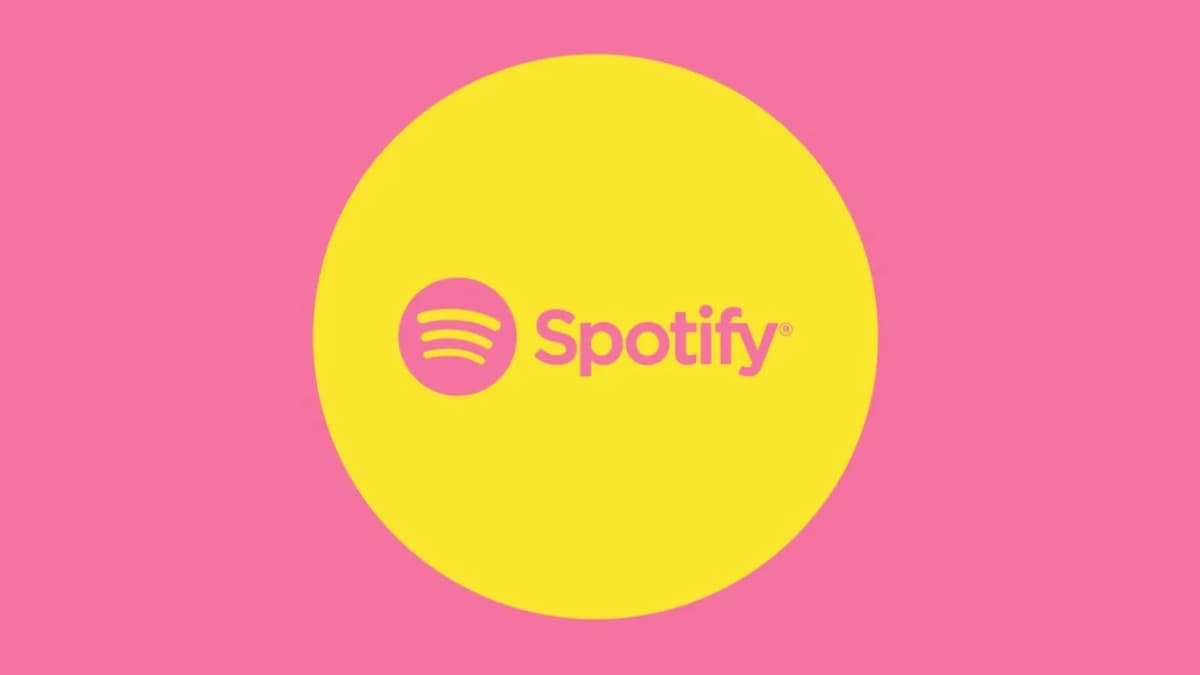contents
Spotify Get Recently Played Tracks Response Json

JSON Data:
1{
2 "href": "string",
3 "limit": 0,
4 "next": "string",
5 "cursors": {
6 "after": "string",
7 "before": "string"
8 },
9 "total": 0,
10 "items": [
11 {
12 "track": {
13 "album": {
14 "album_type": "compilation",
15 "total_tracks": 9,
16 "available_markets": [
17 "CA",
18 "BR",
19 "IT"
20 ],
21 "external_urls": {
22 "spotify": "string"
23 },
24 "href": "string",
25 "id": "2up3OPMp9Tb4dAKM2erWXQ",
26 "images": [
27 {
28 "url": "https://i.scdn.co/image/ab67616d00001e02ff9ca10b55ce82ae553c8228\n",
29 "height": 300,
30 "width": 300
31 }
32 ],
33 "name": "string",
34 "release_date": "1981-12",
35 "release_date_precision": "year",
36 "restrictions": {
37 "reason": "market"
38 },
39 "type": "album",
40 "uri": "spotify:album:2up3OPMp9Tb4dAKM2erWXQ",
41 "copyrights": [
42 {
43 "text": "string",
44 "type": "string"
45 }
46 ],
47 "external_ids": {
48 "isrc": "string",
49 "ean": "string",
50 "upc": "string"
51 },
52 "genres": [
53 "Egg punk",
54 "Noise rock"
55 ],
56 "label": "string",
57 "popularity": 0,
58 "album_group": "compilation",
59 "artists": [
60 {
61 "external_urls": {
62 "spotify": "string"
63 },
64 "href": "string",
65 "id": "string",
66 "name": "string",
67 "type": "artist",
68 "uri": "string"
69 }
70 ]
71 },
72 "artists": [
73 {
74 "external_urls": {
75 "spotify": "string"
76 },
77 "followers": {
78 "href": "string",
79 "total": 0
80 },
81 "genres": [
82 "Prog rock",
83 "Grunge"
84 ],
85 "href": "string",
86 "id": "string",
87 "images": [
88 {
89 "url": "https://i.scdn.co/image/ab67616d00001e02ff9ca10b55ce82ae553c8228\n",
90 "height": 300,
91 "width": 300
92 }
93 ],
94 "name": "string",
95 "popularity": 0,
96 "type": "artist",
97 "uri": "string"
98 }
99 ],
100 "available_markets": [
101 "string"
102 ],
103 "disc_number": 0,
104 "duration_ms": 0,
105 "explicit": true,
106 "external_ids": {
107 "isrc": "string",
108 "ean": "string",
109 "upc": "string"
110 },
111 "external_urls": {
112 "spotify": "string"
113 },
114 "href": "string",
115 "id": "string",
116 "is_playable": true,
117 "linked_from": {},
118 "restrictions": {
119 "reason": "string"
120 },
121 "name": "string",
122 "popularity": 0,
123 "preview_url": "string",
124 "track_number": 0,
125 "type": "track",
126 "uri": "string",
127 "is_local": true
128 },
129 "played_at": "2019-08-24T14:15:22Z",
130 "context": {
131 "type": "string",
132 "href": "string",
133 "external_urls": {
134 "spotify": "string"
135 },
136 "uri": "string"
137 }
138 }
139 ]
140}
Description:
The Spotify Get Recently Played Tracks Response Json is an example response of Spotify Get Recently Played Tracks API which get tracks from the current user's recently played tracks.
The Get Recently Played Tracks Json API allows users to retrieve the most recently played tracks from their Spotify account. The Json response includes the track name, artist name, album name, and a link to the track. The response also includes the date and time the track was last played, as well as the context in which it was played.
The Json response also includes the total number of tracks returned, as well as the total number of tracks that can be retrieved. This allows users to paginate through the results if they wish. Additionally, the Json response includes the total number of tracks that have been played since the user's last request. This allows users to keep track of their listening history.